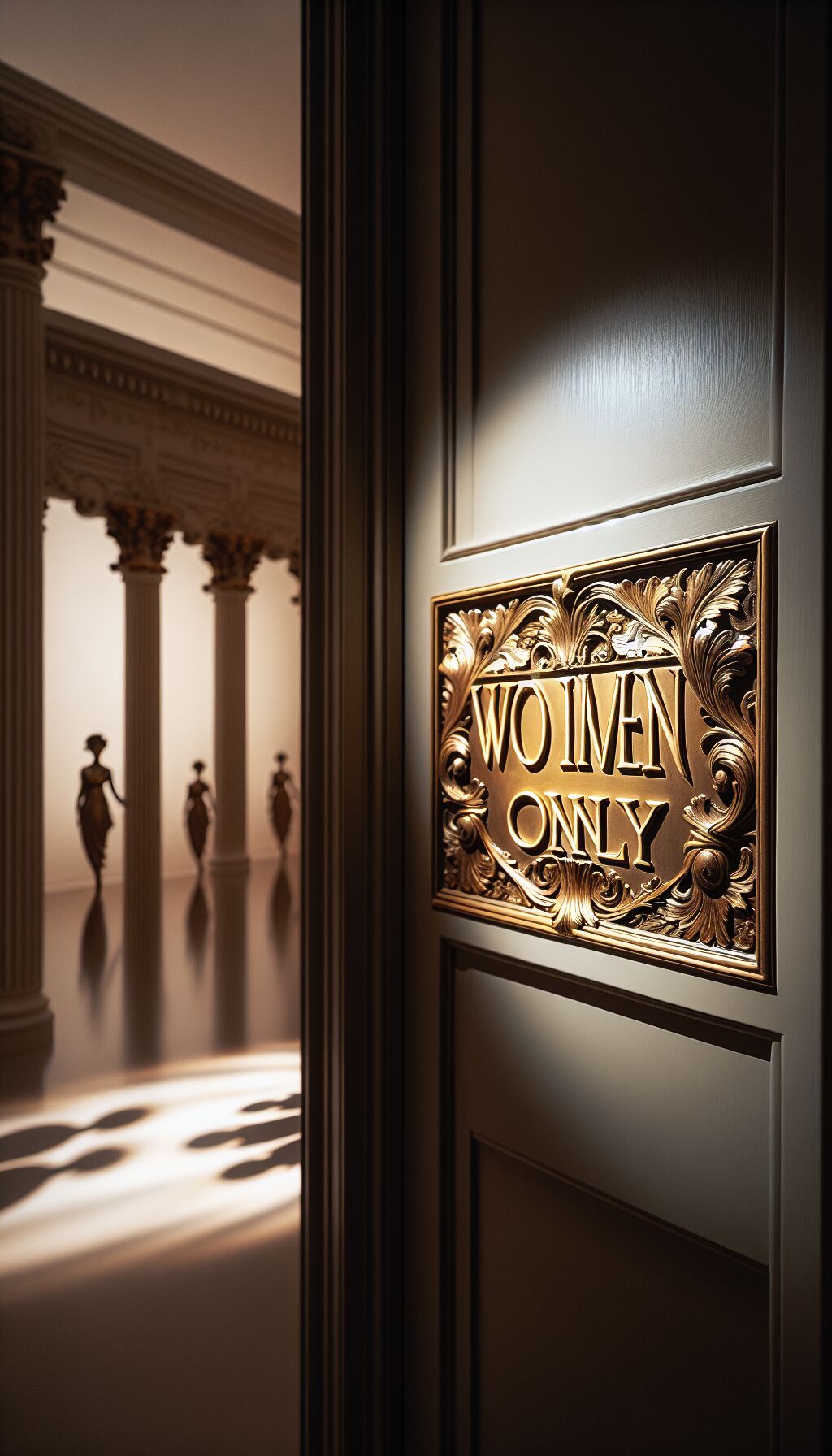Capitol’s New Bathroom Policy: A Response to Controversy
By [Author Name]
Introduction of New Policy
House Speaker Mike Johnson has announced a controversial new bathroom policy for the U.S. Capitol, stemming from the debates surrounding transgender rights and identity. The announcement came on Wednesday and reflects ways that political leaders approach the intersection of gender and policy in a climate of heightened tensions.
Details of the Bathroom Policy
In an official statement, Johnson emphasized that “all single-sex facilities in the Capitol and House Office Buildings—such as restrooms, changing rooms, and locker rooms—are reserved for individuals of that biological sex.” He further noted that each Member office has its private restroom and that unisex restrooms are available throughout the Capitol to accommodate various needs.
“Women deserve women’s only spaces,” Johnson reiterated, underscoring his stance on maintaining single-sex facilities. He asserted that while the policy has been an unwritten guideline, formalizing it is necessary to clarify expectations and enforceability.
Political Pushback and Support
The new bathroom policy intersects with recent legislative actions from members of Congress. Earlier in the week, Rep. Nancy Mace, R-S.C., introduced a resolution aimed at prohibiting members, officers, and employees from using single-sex facilities that do not correspond to their biological sex. Mace’s resolution ignited backlash from Democrats, including Rep.-elect Sarah McBride. Critics labeled Mace as a “right-wing extremist,” which prompted the South Carolina congresswoman to double down on her position.
In a follow-up, Mace introduced another bill seeking to “ban biological men from using women’s private, protected facilities—such as bathrooms and locker rooms—on all federal property.” She expressed her frustrations with the opposition, stating, “The radical Left would rather call me an extremist than admit they are wrong.” Mace conveyed a strong commitment to defending women’s rights and spaces, arguing that they should not be compromised for political gain.
Context and Societal Discourse
The discussion around restroom policies and transgender rights is part of a broader cultural debate gripping the nation. Mace argued that the majority of Americans understand the need to protect women’s privacy and safety, while criticizing what she terms the “woke mob” for creating outrage around these issues.
“Women and girls shouldn’t have to give up their safety or privacy just because the Left wants to win points with their activist base,” Mace continued. “This isn’t controversial—it’s common sense.” Her statements resonate with a segment of the public that feels prioritizing women’s rights is critical in the current sociopolitical landscape.
Threats and Consequences
Amid the political fallout, Mace disclosed that she has faced significant backlash for her stance, including death threats. On social media, she shared a video where a transgender individual threatened her based on her views regarding the new policy and her legislative actions.
Clarification from House Leadership
On a related note, Speaker Johnson faced inquiries regarding his views on Rep.-elect Sarah McBride’s gender identity. Initially hesitant to categorize McBride definitively, Johnson later articulated his position clearly. “Let me be unequivocally clear: A man is a man, and a woman is a woman. And a man cannot become a woman,” he stated. However, he also emphasized the importance of treating all individuals with dignity, attempting to balance his standpoint on biological sex with the need for respectful discourse.
Conclusion
The new bathroom policy at the U.S. Capitol marks a significant moment in the ongoing debate surrounding gender identity and rights. As lawmakers navigate these sensitive issues, their actions will likely shape the legislative landscape and public policy approaches well into the future. The heightened tensions reflected in the reactions from both sides highlight just how divisive the conversation surrounding gender and public spaces has become.
This HTML article captures the essential points of the original information, presenting them in a structured and journalistic manner while expanding on the context and implications of the actions discussed.









